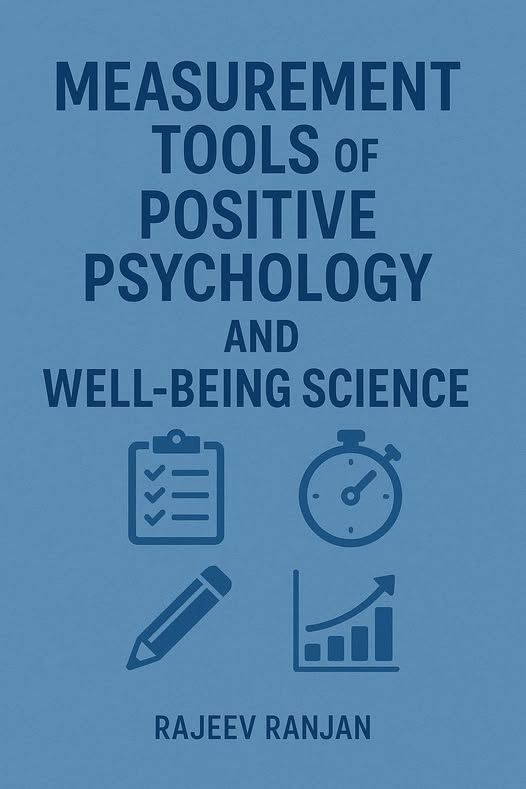Measurement Tools of Positive Psychology and Well-being Science
Human flourishing and well-being have become central concerns not only in psychology but also across education, healthcare, workplace management, and public policy. Positive psychology, pioneered by Martin Seligman and colleagues, has shifted psychology’s focus from illness and pathology to strengths, growth, and the science of what makes life worth living. Within this framework, well-being science has emerged as a multidisciplinary field committed to exploring how individuals, communities, and societies can succeed.
Yet, to study well-being scientifically, we must be able to measure it. Without reliable and valid tools, our exploration of human flourishing would remain philosophical rather than empirical. Measurement tools allow us to quantify subjective experiences, compare across contexts, evaluate interventions, and design evidence-based policies. The question we face is not only “what constitutes well-being?” but also “how do we measure it accurately, meaningfully, and ethically?”
